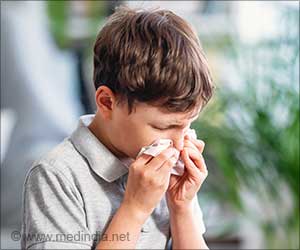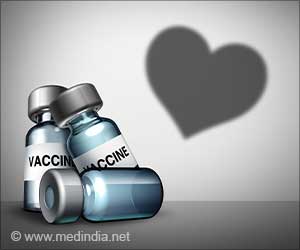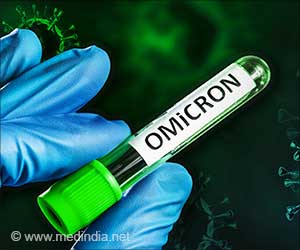
‘Early administration of Ivermectin can decrease the viral loads and symptom duration in patients with mild COVID-19. This may in turn lead to reduce the viral transmission as the administration of vaccine would require almost 2 years immunizing people worldwide.’
Tweet it Now
Immunizing with COVID-19 vaccines will require a minimum of two years to stop viral spread worldwide. Hence, uncovering new drugs that can treat or prevent infections remains a priority. The maximal dose of Ivermectin recommended in Europe was evaluated for its impact on viral transmission when administered within the first days after symptom onset.
COVID-19 Transmission and Ivermectin
Ivermectin is an antiparasitic drug that is seen to reduce SARS-CoV-2 replication in vitro (in cell lines), albeit at higher concentrations than those recommended for human use. The team enrolled 24 patients with confirmed infection and mild symptoms. They were administered one single dose of Ivermectin or placebo within the first 72 hours after the first symptoms started.
Nasal swabs and blood samples were taken at the moment of enrolment of these patients and also 1, 2 and/or 3 weeks after treatment. No difference was observed in the percentage of PCR-positive patients (100% of patients were positive in both groups) after seven days of treatments. But the mean viral load in the Ivermectin-treated group was lower (around 3x lower at 4 days and up to 18x lower at 7 days post-treatment), although the difference was not statistically significant.
Advertisement
Almost no effect was seen on duration of symptoms or makers associated with inflammation that suggests the role of Ivermectin in mechanisms that do not involve a possible anti-inflammatory effect. In other ways the drug may interfere with viral entry in the cells as reported by earlier studies.
Advertisement
Source-Medindia













